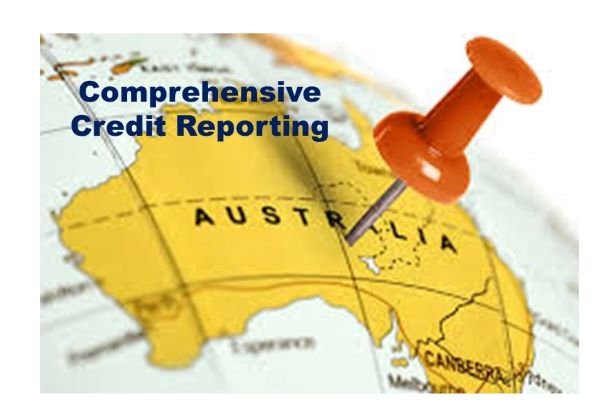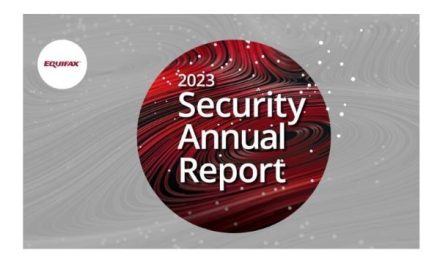Here’s a snapshot of consumer credit law in 2021:
- ASIC consulting on product intervention orders for short term credit and continuing credit contracts: Feedback is due by 21 January 2022. ASIC has released Consultation Paper 355 and 2 draft legislative instruments. ASIC’s first short term credit product intervention order was upheld by the Full Federal Court in Cigno Pty Ltd v ASIC [2021] FCAFC 115, but expired on 13 March 2021. This consultation follows 2 earlier consultations on a continuing credit contract product intervention order: Consultation Paper 330 and Addendum.
- New breach reporting obligations for credit licensees: From 1 October 2021, Australian credit licensees must report certain breachesof the law to ASIC. A breach reporting obligation is triggered when a “reportable situation” arises. There are 4 classes of reportable situation: gross negligence, serious fraud, circumstances prescribed by regulation (nothing yet), and core obligations (significant breach, significant pending breach, 30+ day investigation or 30+ day investigation finds no reportable situation).
- Debt managers need a credit licence: From 1 July 2021, providers of debt management services must hold an Australian Credit Licence(ACL) with an authorisation that covers debt management services or have arrangements in place to act as a representative of an ACL holder with the necessary authorisation. This would include services involving debt negotiation with credit providers or credit repair services but does not include free financial counselling services.
- Mandatory comprehensive credit reporting started: The obligation to supply specified credit information under the mandatory comprehensive credit reporting regimecommenced on 1 July 2021 and now applies to eligible licensees being large authorised deposit-taking institutions (ADIs) that are credit providers. From 1 July 2022, credit providers are permitted to disclose a new category of “financial hardship information” along with repayment history information, however, a credit provider cannot refuse to provide further credit or reduce a consumer’s credit limit merely because “financial hardship information” exists about a borrower.
- Australia is considering regulating Buy Now Pay Later industry. BNPL Code commenced: The Australian Government is expected to consulton regulatory arrangements for Buy Now Pay Later (BNPL) in 2022, following an announcement in December 2021. The Australian Finance Industry Association’s (AFIA’s) voluntarily-developed BNPL Code of Practice came into effect on 1 March 2021. The Code is contractually enforceable. Do you know which laws currently apply to the Buy Now Pay Later industry? Find out at ¶11-000.
- Responsible lending law reforms have stalled since March 2021: A Bill that would dramatically scale back unsuitability assessment obligations is at a standstill in Parliament. If the National Consumer Credit Protection Amendment (Supporting Economic Recovery) Bill 2020 (Cth) (the Bill) is passed, existing unsuitability assessment obligations will be limited in their application to small amount credit contracts (SACCs), consumer leases and SACC-equivalent loans by ADIs. The Bill also extends the best interests duty, changes the requirements for reverse mortgages, better protects consumers of SACCs and consumer leases, and introduces anti-avoidance measures.
Source: Lexology news


























